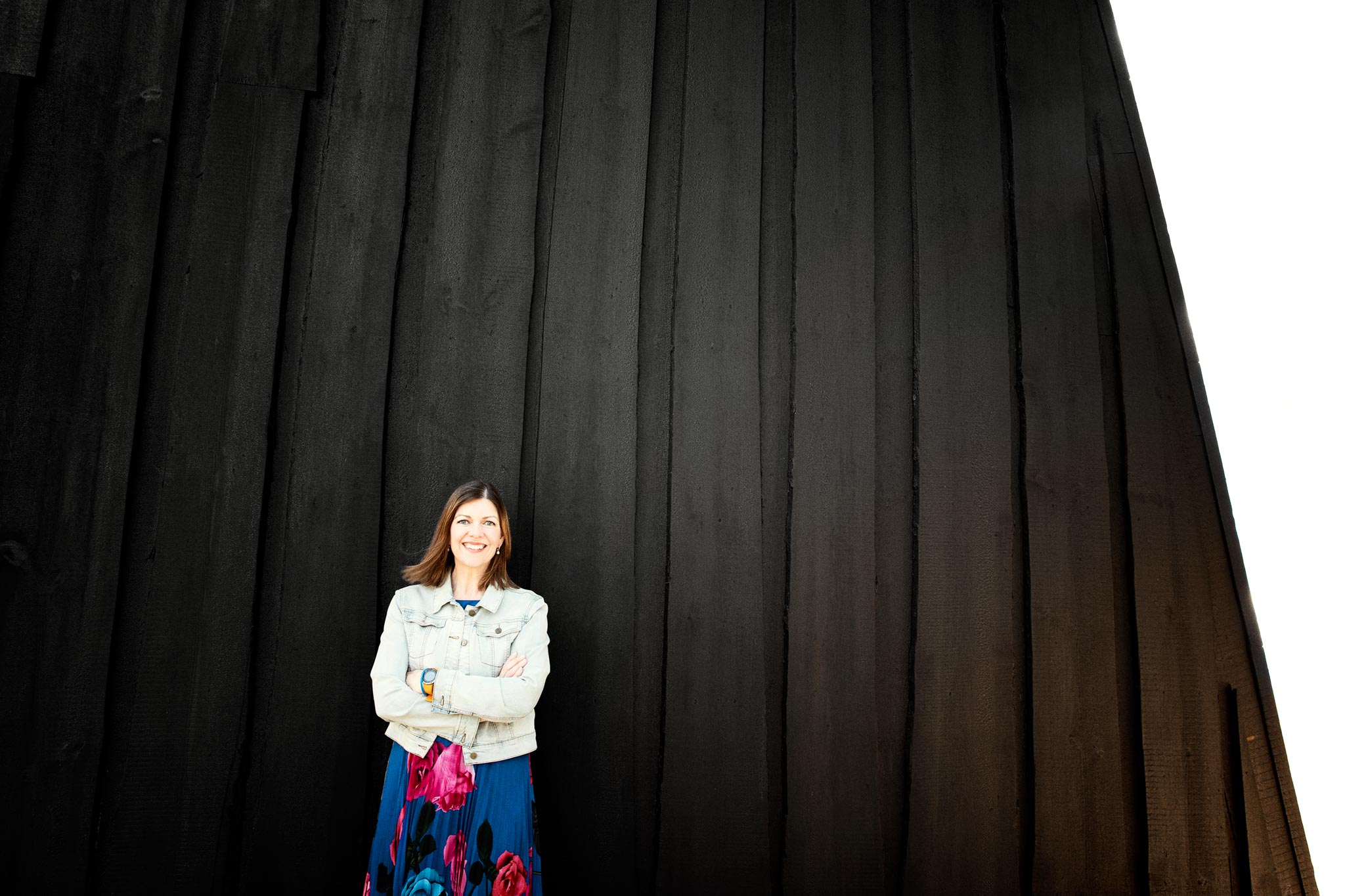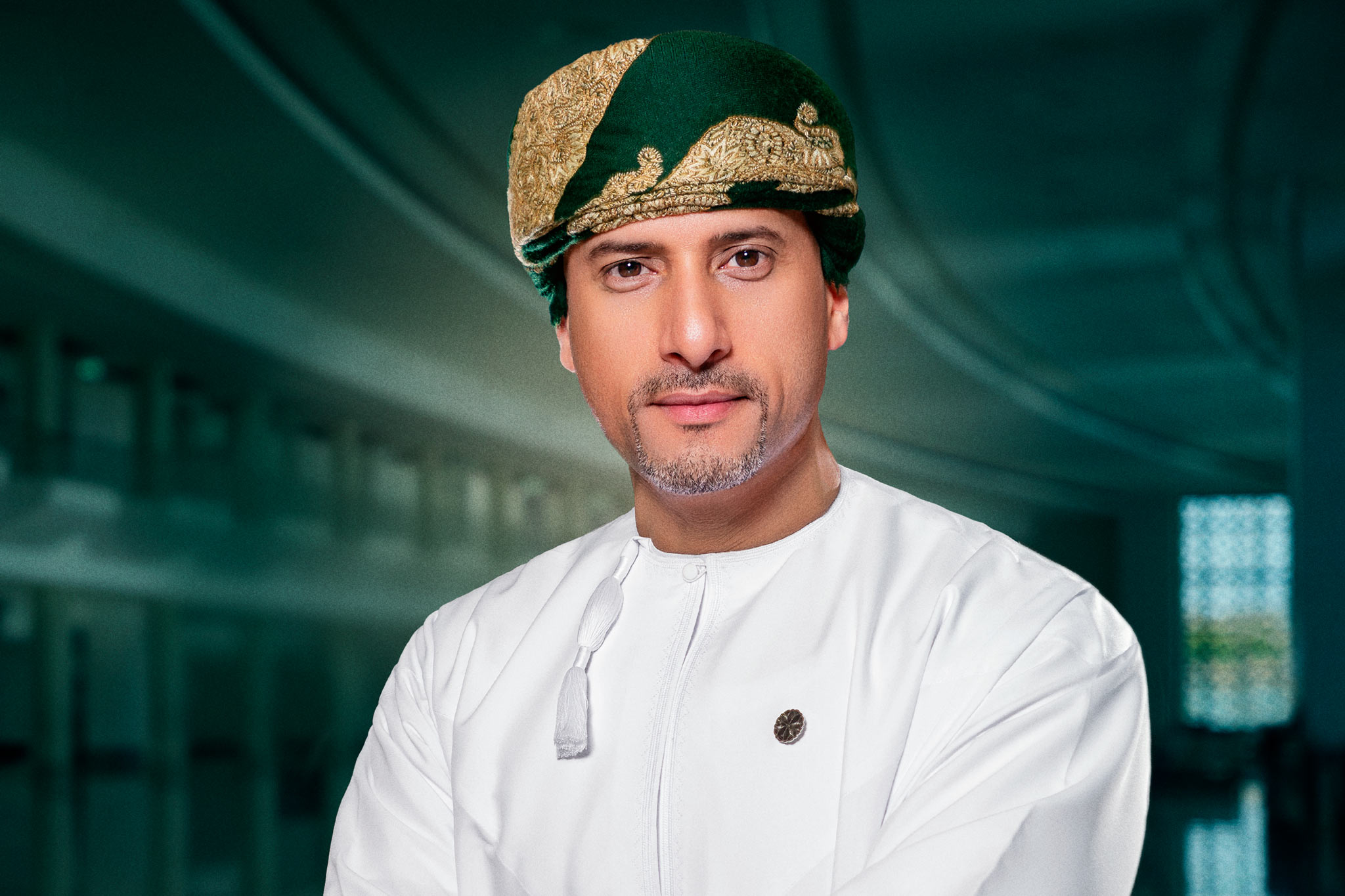Jane Cunningham’s expertise is based on 20 years of experience across the global meetings industry. Over this time, she experienced working for hotels, a convention centre, a destination marketing organisation and a PCO. However, the last 12 years have seen her working for Best Cities Global Alliance as Director of Community Engagement.
In particular, in recent years she has extended her work to deliver facilitation, moderation, and consulting projects related to meeting legacy and driving positive change. “During the pandemic, I took the time to consider the next tranche of my life, and it was during that time that I became aware of the goals of Destinations International in Europe,” she says. Destinations International (DI), the global association for destination organisations, has its headquarters in Washington, DC and doesn’t have an office in Europe. Jane Cunningham works with them remotely from her home in Stockholm, Sweden.
“I have taken on the role of European engagement to find ways to support European destination management organisations, the DMO community, to develop tools and collaborative opportunities to help them excel.”
First and foremost, DI is about serving destination marketing and management professionals. Together with their members and partners, the organisation represents a collaborative association: exchanging ideas, connecting people, and elevating tourism to its highest potential.
“Our goal is to identify what is needed in the market and how we can provide a valuable membership opportunity for European destinations. Thanks to our European partners, MMGY Global, Simpleview, Expedia Group Media Solutions, Search Wide Global and Imex Group, we have been able to get this engagement strategy in place. Their global reach and knowledge are vital for us.”
Destinations International is working with tools and services such as the Event Impact Calculator (EIC), which measures the economic value of an event and calculates its return on investment to local taxes. With this information, destination organisations and convention bureaux are better able to make the case for the ongoing development and growth of the events and meetings sectors, when talking to stakeholders and policymakers.
“Our members and DMOs globally want to collaborate and are more open to sharing challenges and solutions”
“Some cities used the tool to quantify the value of business lost due to the pandemic. This has helped tell the story of the destinations to generate the right business going forward. We are also working on a community indicator to help destination organisations communicate their relevance in supporting a destination’s social and economic goals.”
The Compensation and Benefits Reporting Platform is an online tool that allows destination organisations to input their current salary and benefits structure and compare their practices with peer destinations.
“I think this is of interest to European destinations. There are also advocacy tools which I believe have a place in the European landscape, whilst others perhaps need more attention, translation and possible amendment to ensure value is created.”
Jane Cunningham shares four key steps within the organisation’s work in Europe for the coming five years. The first step is active listening. She has spent six months speaking and meeting with many European destination organisations to understand their situation and challenges.
“Step two is the creation of The Pathfinders Programme. As a result of my listening tour, it was clear that if we want to create a value proposition, it needs to be done in conjunction with destination organisations from European countries, regions and cities.”
The third step is the launch of the Pathfinders Programme.
“We have ten pathfinders from Europe and support from Fred Dixon from NYC & Company and Adam Burke from Los Angeles Tourism & Convention Board. There is a need for international knowledge sharing and deep discussions on key topics such as community alignment, destination stewardship and valued-based action. We will launch the findings of the Pathfinders Programme at Imex Frankfurt in 2023, and we want to create a discussion involving more voices.”
“How we engage has changed, and we need to facilitate activities that connect people more meaningfully”
Finally, the fourth step is about awareness building. By attending and speaking at conferences, Jane Cunningham has been able to share what Destination International is doing. Alongside this, she is creating connections and gathering insights from various communities within the meetings industry. Business intelligence is vital for the organisation, so it is important they gather this information, something that can be challenging in an ever-changing and more polarised world. The solution is clear to her:
“Deep listening and environments where people are comfortable to share. How we engage has changed, and we need to facilitate activities that connect people more meaningfully. Our members and DMOs globally want to collaborate and are more open to sharing challenges and solutions.”
According to Jane Cunningham, Destinations International is in a perfect position to facilitate these important discussions. As Adam Burke from LA Tourism & Convention Board shared, “We have similar challenges. A shift is required as we develop regenerative destination management, which aligns with the legacy and impact process for business events.”
In an interview with Meetings International, Sherrif Karamat, CEO of PCMA, says: “Words are significant. Regarding the term legacy, I usually focus on the word results. Legacy has been an important word for several years in our industry despite not being able to implement what we mean. I think it’s time to talk about results as we change and adapt.”
What are Jane Cunningham’s thoughts about the difference between legacy and results? When does legacy become legacy washing?
“As a board member of the nonprofit organisation Meet4Impact, I am delighted with the organisation’s process. Legacy is produced through international efforts, and it creates a tangible asset through purposeful actions around a meeting or event. Creating a legacy starts with a desire from the event organiser or the association to create something that will be left behind after the event, which is acted upon.”
Well-planned and well-delivered legacies will generate results, or outcomes, for the community of the event or its hosting community. It is about creating positive value for many stakeholders. She points out that what matters is the accumulation of several outcomes for the communities that benefit from the legacy activity. These benefits and changes occur over time for the stakeholders due to the actions carried out as part of the event legacy planning.
“Positive impact results from a well-managed sustainability strategy and of planning and leaving event legacies.”
“Event legacies should always start with the association or event client’s mission and objectives”
Jane Cunningham says that ‘legacy washing’ examples include the promotion of legacy development by a destination with no structure. To prevent this, event legacies should always start with the association or event client’s mission and objectives. Also, organisers must understand what success looks like through the development of a legacy strategy, along with how it aligns with the client’s mission and the priorities of the hosting community.
“You have to invest time to conduct the process and engage with the event owner and a broad local community. You must create a set of indicators and engage the community to support measurement, and this needs to be communicated and supported.”
Sustainability is one of the top subjects for business events. The 2030 Agenda for Sustainable Development, adopted by all United Nations Member States in 2015, provides a shared blueprint for peace and prosperity for people and the planet, now and into the future. At its heart are the 17 Sustainable Development Goals (SDGs), which are an urgent call for action by all developed and developing countries in a global partnership. Destinations International has been open about the fact that the US could learn a lot from the sustainability practices in Europe, and they are keen that there should be a good knowledge exchange between Europe and the US.
“If we are talking about the UN SDG, our steps towards more equity, diversity, and inclusion are impressive. I have had many conversations with Sophia Hyder Hock, our Chief Diversity Officer, about our tools, training and research over the last four years.”
When asked which strategic question within the meeting industry is the most important for the organisation, Jane Cunningham answers: “How do we work together to develop a framework that the broader community can understand in the support of global meetings? If we do not act, ‘meeting shaming’ could be around the corner.”
She goes on to mention clarity of purpose; and the fact that less is more. There are several organisations, noise and words, and every organisation has its current and future challenges. Members must understand how clarity will help them; ultimately, engagement means something else now.
“There are lots of discussions about the membership model. What is the future of membership and also governance? Tides are changing, and I wish I could look into the future to see what a successful membership model would look like.”
“Net-zero-carbon events and practices are a must, and destinations must drive the shift that needs to happen”
Jane Cunningham says that the three most significant challenges for the organisation as a community are empowering future leaders, translating Destination International and contributing towards the UN’s Sustainable Development Goals.
“When it comes to empowering future leaders, there is already a successful community within the Destinations International membership. However, creating an environment where CEOs are driven to empower others is key. Now is the time to be bold, and leaders must look at how they hire, empower and create open environments. Equity, diversity, and inclusion are at the heart of a lot of destination change.”
Translating Destinations International is her need to look at what works in North America and develop that into something tangible and workable in Europe.
“It will not happen overnight, but I am committed to working with both areas to create meaningful activities on relevant topics. Personalisation is key, allowing people to leave after learning experiences able to do their job better for themselves and the end beneficiary, which is their community.”
The third significant challenge is contributing to the UN’s Sustainable Development Goals. According to Jane Cunningham, destinations can and should be doing more regarding the bigger ‘why.’ She believes that destination organisations are essential drivers of place branding that add value to the experience for visitors. This contributes towards economic recovery, transformation and sustainable development.
“Strategic legacy planning, management, and destination alignment within the broader goals and gaps of the destination will improve the liveability of a city and the visitor experience. Net-zero-carbon events and practices are a must, and destinations must drive the shift that needs to happen.”










